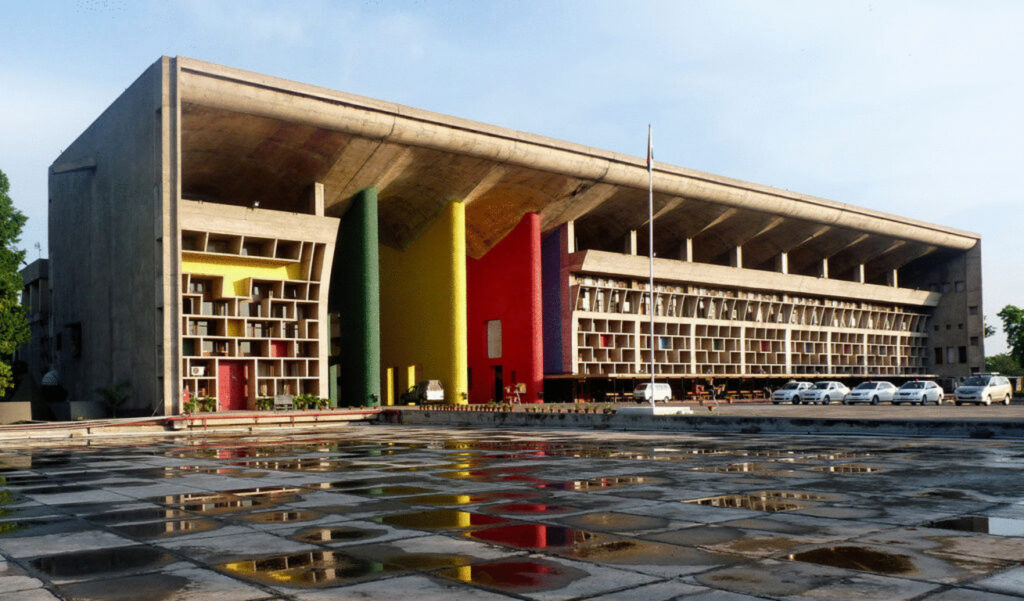Rehan Khan
On 10th September, the Punjab and Haryana High Court has held that daily wage workers, contractual employees, and ad hoc appointees are entitled to the same pay as their regularly appointed counterparts, provided they perform similar duties. This decision comes from a Division Bench comprising Justice Sureshwar Thakur and Justice Sudeepti Sharma, which dismissed 38 petitions by the Chandigarh Administration challenging an earlier order by the Central Administrative Tribunal (CAT), Chandigarh Bench.
The CAT had previously directed the Chandigarh Administration to regularize the services of lecturers who had been appointed on a contractual basis in various government colleges of the Union Territory. The High Court upheld this directive, emphasizing that the employees’ contributions were integral to the institutions they served.
The Court emphasized that employees performing comparable duties, regardless of whether they are contractual or regular, must not be discriminated against. The Bench reiterated the well-established principle of “equal pay for equal work,” asserting that these employees should not be denied fair compensation and job security based on their contractual status.
Additionally, the court acknowledged the substantive nature of the work performed by the lecturers and other respondent-employees. Merely labeling these positions as “contractual” does not diminish the importance of the work they perform, the court noted.
They further judgment stressed that it is the State’s duty to ensure fairness in employment practices, particularly in public service. The Chandigarh Administration was directed to implement the CAT’s orders without delay and ensure the affected employees received their rightful entitlements.
The court criticized the Chandigarh Administration for its reluctance to regularize the lecturers, despite their long-standing service. The Bench found this approach inconsistent with principles of fairness and justice, especially considering the lecturers’ continuous contributions to the education sector.
The Chandigarh Administration had argued that the appointments were made on a contractual basis due to urgent needs and a lack of regular posts. However, the court rejected this reasoning, stating that the administration could not indefinitely rely on such temporary appointments for work that is ongoing in nature.
In upholding the CAT’s ruling, the court reinforced the rights of contractual employees to expect regularization after significant service, particularly when their work is essential to the institution’s functioning.

